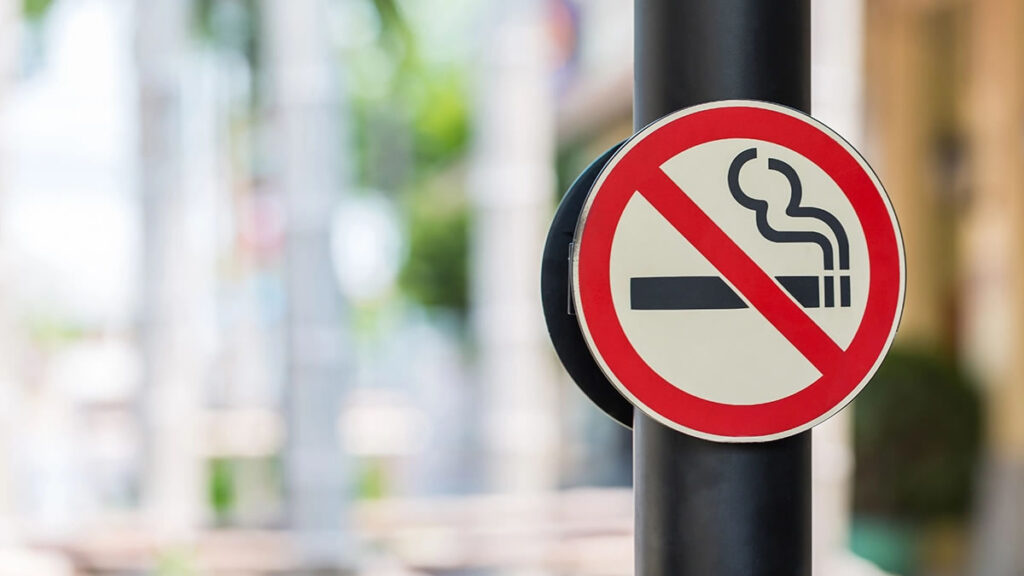The Russian government is planning to ban e-cigarette liquids that contain flavorings, food additives, and dietary supplements, according to a draft regulation developed by the Ministry of Health. The primary goal of this initiative is to reduce the consumption and spread of nicotine-containing products among the population, with a specific emphasis on "reducing the popularity of vapes among youth."
The draft order, as reported by Russian newspaper *Kommersant*, prohibits the "release into circulation" of substances "aimed at increasing the attractiveness of nicotine-containing liquid, nicotine-free liquid, and nicotine solutions." If the new rules are adopted, only liquids containing nicotine, distilled glycerin (with at least 94% purity), and propylene glycol (with at least 95% purity) would be permitted for sale.
The Ministry of Health has compiled a list of banned additives believed to enhance nicotine addiction. This list includes:
- Nicotine derivatives and tobacco alkaloids
- Organic acids
- Ethyl alcohol
- Cocoa beans, licorice, ammonium, and ammonia
- Substances containing beta-carboline in their structure
This proposal was developed by an interdepartmental working group including representatives from various ministries, the State Duma, and medical professionals. Marinè Gambaryan, head of a tobacco control center at the Ministry of Health, stated that banning flavorings will reduce the appeal of vapes. "Now people think, 'What can be bad about this sweet vapor?'... But inhaling these flavorings is much more dangerous for health," she said, noting that cherry-flavored vapes can contain high concentrations of benzaldehyde, and the sweet taste of popcorn is caused by diacetyl.
This move follows a series of earlier regulations. In April 2023, Russia banned the sale of all vapes (including nicotine-free ones) to minors under 18. The law also restricted sales to specialized stores and prohibited flavorings or additives "created to increase the attractiveness of this product." Additionally, excise taxes on nicotine liquids were doubled in 2024, a move the Finance Ministry described as "prohibitive."
Despite these measures, vape use has grown. A September 2023 SuperJob poll showed the share of nicotine-dependent Russians using vapes had nearly tripled in recent years, with 21% using only e-cigarettes and 16% using both vapes and traditional cigarettes, up from 8% and 12% respectively in 2019. The push for a flavor ban reflects the government's ongoing efforts to make these products less appealing, especially to a younger audience, as the debate over a complete ban on all vapes continues.

Digital Content Creator & Vape Industry Analyst
Jake Miller is a prominent voice in the American vaping community, known for his transparent, tech-focused approach to harm reduction and hardware innovation. With over six years of experience in the industry, Tyler transitioned from a hobbyist to a full-time content creator, building a loyal following through his unfiltered reviews and deep-dive technical tutorials.




